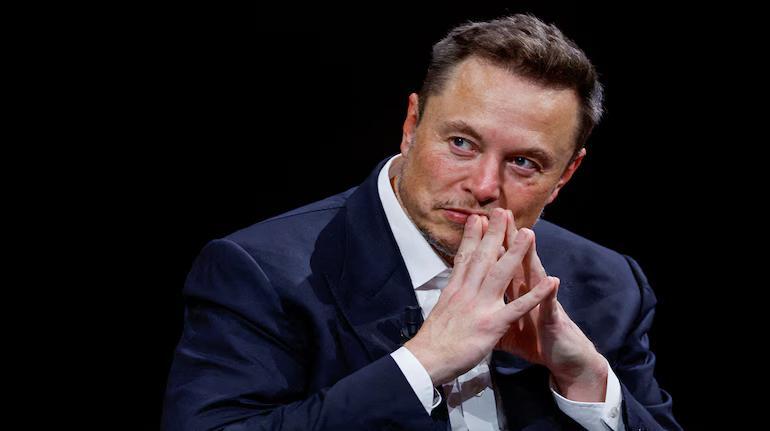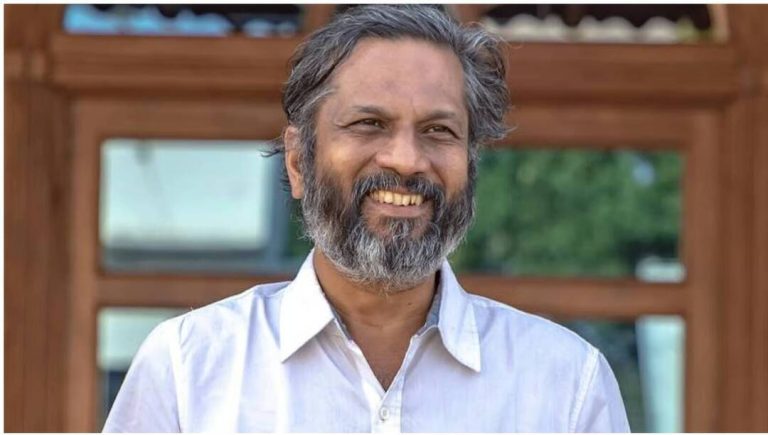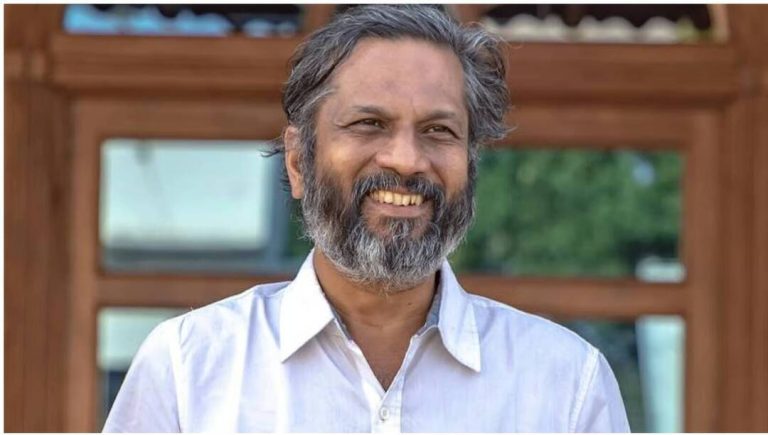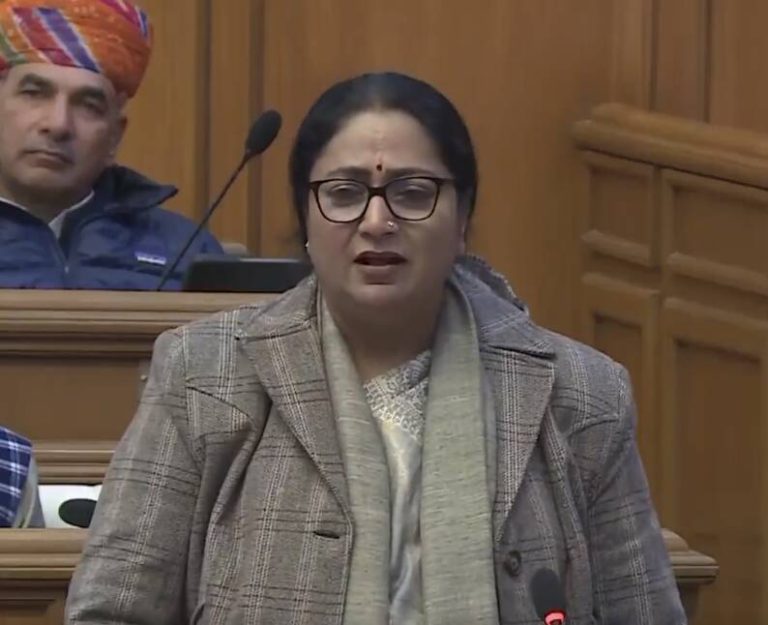
Poverty an engineering issue, AI & humanoid robots will end it: Musk
The concept of poverty has been a persistent issue throughout human history, with millions of people around the world struggling to access basic necessities like food, water, and shelter. According to the World Bank, in 2020, an estimated 736 million people lived in extreme poverty, which is defined as living on less than $1.90 a day. While there have been various efforts to alleviate poverty, it remains a significant challenge for governments, organizations, and individuals worldwide. However, billionaire and xAI CEO Elon Musk has a unique perspective on this issue. Recently, at the US-Saudi Investment Forum, Musk opined that poverty is an engineering issue, and artificial intelligence (AI) and humanoid robots will play a crucial role in eliminating it.
Musk’s statement may seem surprising, but it highlights the potential of technology to transform the way we live and work. He believes that as AI and robotics advance, they will increase productivity and efficiency, making it possible to produce goods and services at a lower cost. This, in turn, will lead to a significant reduction in poverty, as more people will have access to the resources they need to live a decent life. Moreover, Musk thinks that AI and robotics are the only way to make everyone wealthy, as they will enable us to produce abundance, making money less relevant in the future.
The idea that poverty is an engineering issue is not new. In fact, many experts have argued that poverty is often a result of inefficient systems, lack of access to resources, and inadequate infrastructure. By applying engineering principles and using technology, we can design and develop solutions that address these issues and provide people with the means to escape poverty. For instance, advances in renewable energy, water management, and agricultural technology can help provide access to basic necessities like food, water, and energy.
AI and humanoid robots, in particular, have the potential to revolutionize various industries, from manufacturing and healthcare to education and transportation. By automating routine tasks and augmenting human capabilities, AI and robots can increase productivity, reduce costs, and improve the quality of services. Moreover, they can help address some of the root causes of poverty, such as lack of access to education and job opportunities. For example, AI-powered educational platforms can provide personalized learning experiences, while humanoid robots can assist in vocational training and skills development.
Musk’s vision of a future where money is no longer relevant may seem like science fiction, but it’s not entirely far-fetched. As technology advances, we are already seeing a shift towards a more sharing-based economy, where people are sharing resources, skills, and expertise. The rise of platforms like Airbnb, Uber, and TaskRabbit has shown that it’s possible to create new economic models that are more collaborative and less dependent on traditional notions of ownership and employment.
Furthermore, the development of universal basic income (UBI) and other social welfare programs is also gaining traction. UBI, in particular, has been proposed as a potential solution to poverty, as it provides a guaranteed minimum income to all citizens, regardless of their employment status. While the concept of UBI is still being debated, it highlights the need to rethink our economic systems and ensure that everyone has access to a basic level of economic security.
In conclusion, Elon Musk’s statement that poverty is an engineering issue, and AI and humanoid robots will eliminate it, may seem radical, but it highlights the potential of technology to transform our world. By applying engineering principles and using AI and robotics, we can design and develop solutions that address the root causes of poverty and provide people with the means to escape it. As we move forward, it’s essential to consider the role of technology in shaping our economic systems and ensuring that everyone has access to the resources they need to live a decent life.
While there are many challenges to overcome, the potential of AI and humanoid robots to alleviate poverty is significant. As Musk said, “AI and robotics are the only way to make everyone wealthy.” By harnessing the power of technology, we can create a future where poverty is a thing of the past, and everyone has the opportunity to thrive.






